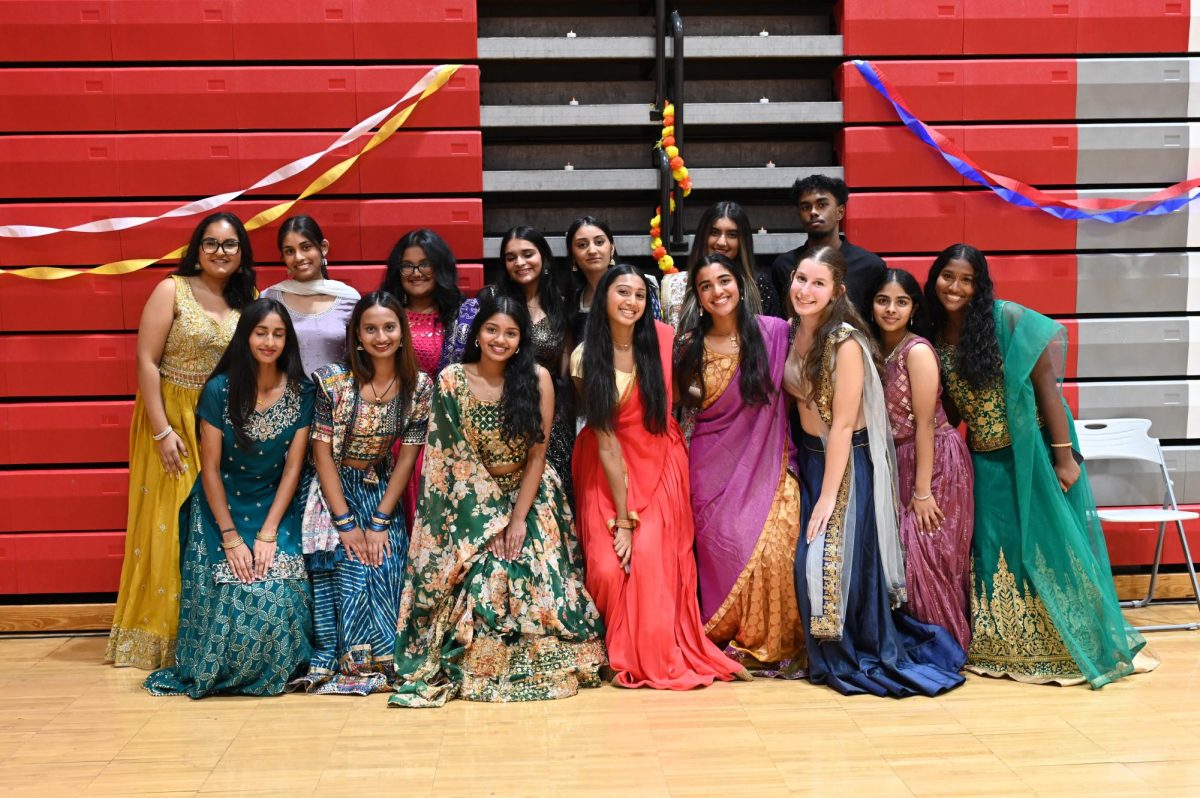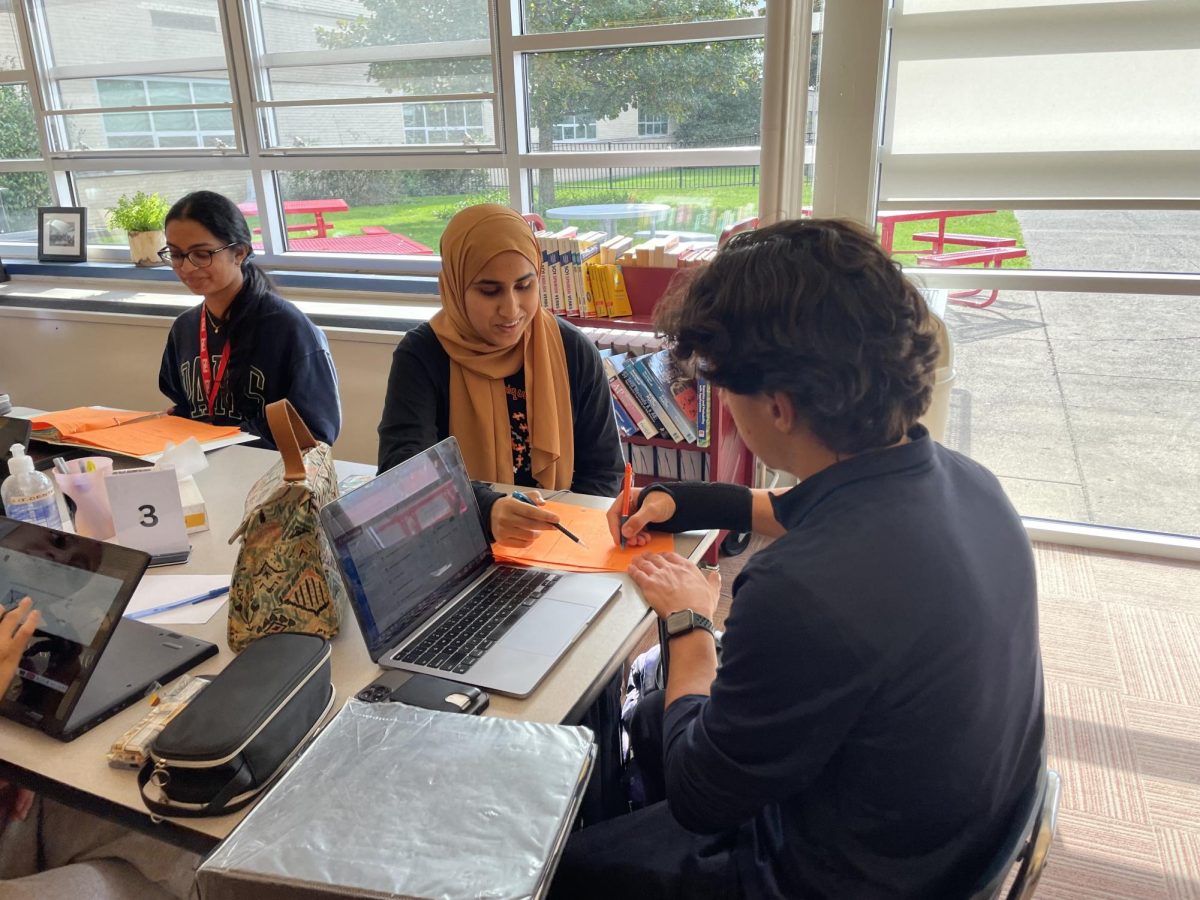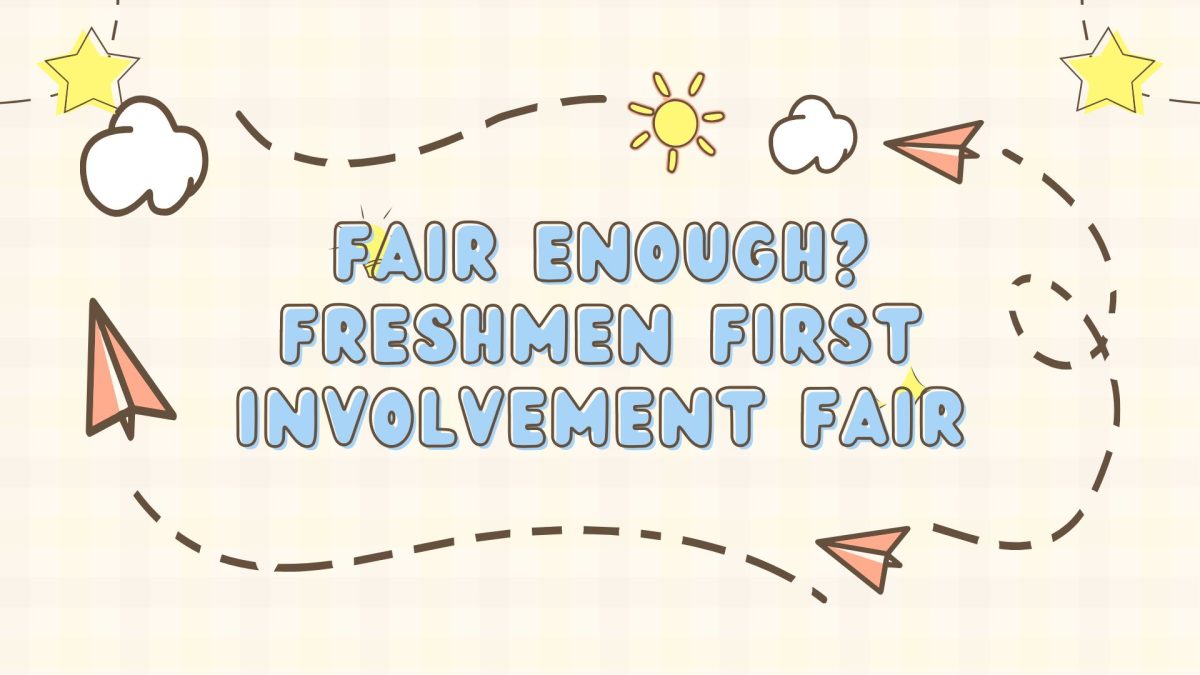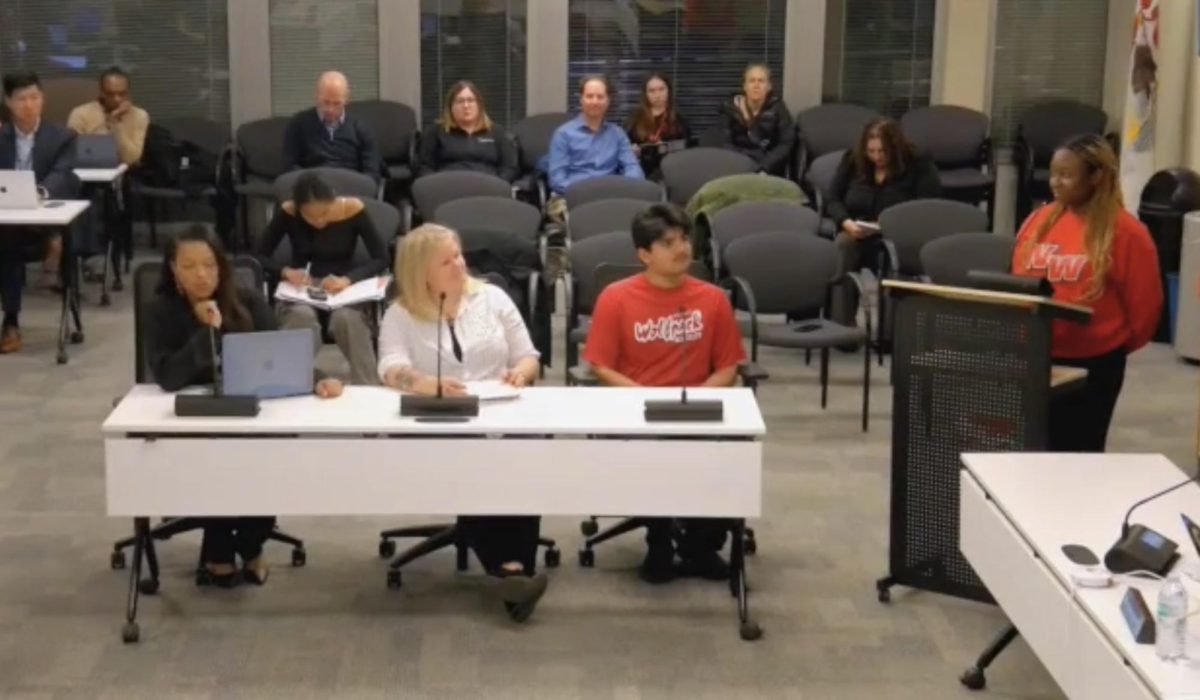When thinking of chess players, a few images come to mind. Some play in passing, not too concerned with the outcome, and some game seriously, practicing strategy and aiming to take their plays to the next level. The Niles West Chess Club supports both kinds of thought, with a myriad of strategies that are personal to the player. There are many motives that drive the club’s progress.
For some students, the ancient allure and complexity of chess fuels their interest as it can never truly be solved.
“There’s no other game like it. It’s been around for thousands of years and it’s really difficult to master. The strategies involved go back hundreds of years. You can look at games from the 1800s to see how people played and see how people play now. You can learn from those games, with such a long history,” senior and president of chess club Jack Drucker said.
He’s right, the game has existed since the Middle Ages, and the competitive nature has presumably stayed throughout time, manifesting in teenagers who play competitive online chess during class.
“I’m thinking about winning my games. That’s what I always go for. I would say everything about it [chess] is special. Because it’s really interesting and most of the time I get to win,” senior and assistant captain Mina Hosseini said.
Strategy is key to becoming good at chess and this notion is rife throughout the club, with competitive chess ratings ranging from 1135 to 1830, novices to Class A players. Despite the adult coaches not having a competitive rating, they have their ways of navigating a win.
“I’m focused on trying to predict what the next thing in the game is going to happen. My strategy is to push my pawns, think about what my opponent could possibly do, and prevent my opponent from developing their pieces,” sponsor and assistant chess coach Nathan Noparstack said.
When a club has members who consistently compete against each other, the tensions can be high. Besides swearing like sailors during their meets, the Niles West Chess Club stands out in their enthusiasm and friendliness towards its members, in stark comparison to other schools that have a more isolated chess culture.
“Our team is unique in that we’re all very close with each other. I’m friends with quite a few people from other schools who are also on the team’s chess club. What makes Niles West unique is that most other teams aren’t as close as us. Our team has a very deep bond that lets us play more effectively because we’re willing to help each other,” Drucker said.
To understand chess, one must understand the players. By getting insight into the history of the game, the innermost thoughts a player has, and the camaraderie of the team, you begin to understand the intelligence and thoughtfulness chess requires. There’s more that meets the eye, it isn’t just black and white.



















